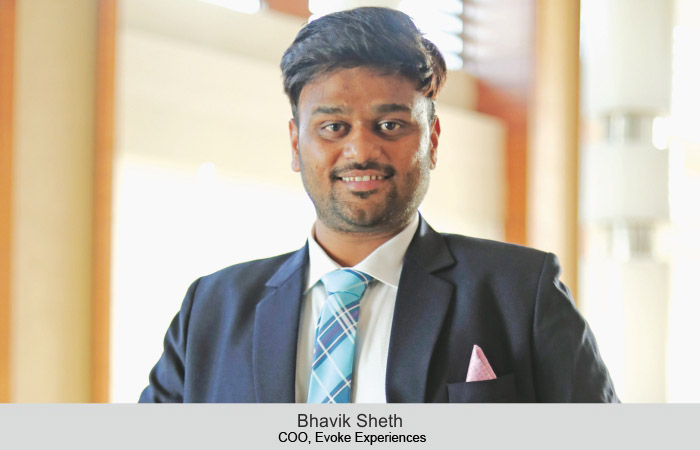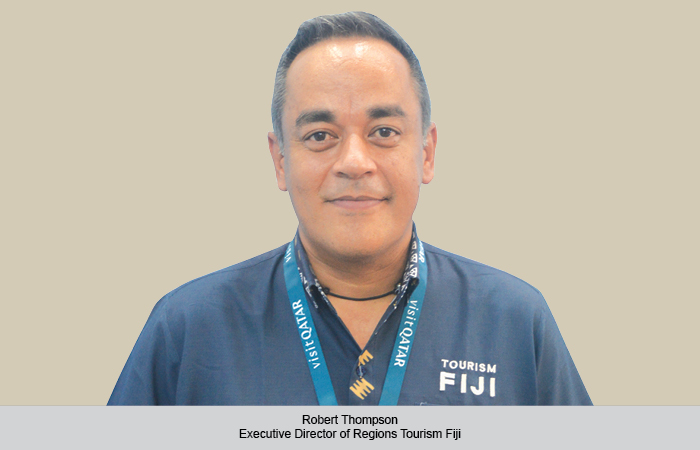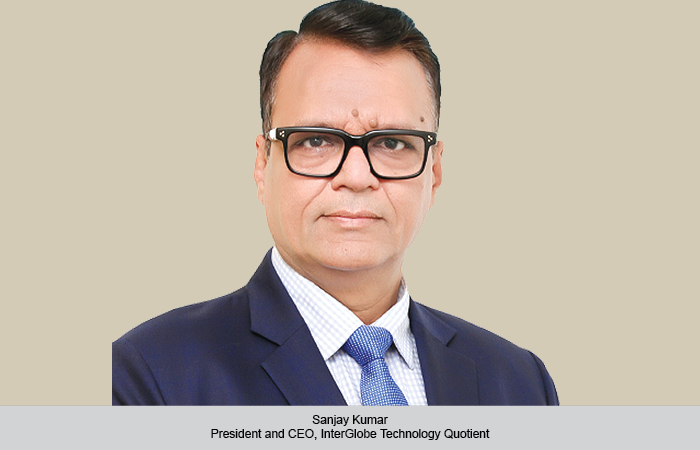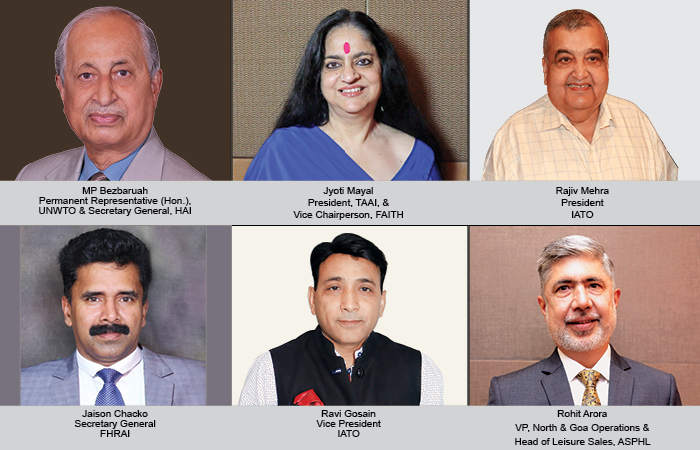Bhavik Sheth, COO, Evoke Experiences, talks about Rann Utsav Tent City at Dhordo village, a 400-tent accommodation which can cater up to 1,100 guests on a daily basis and even offer triple occupancies during weddings and festivals.
TT Bureau
Evoke Experiences manages and curates a temporary project, known as Rann Utsav Tent City, which is dismantled and rebuilt every year for a few months. It is a 400-tent accommodation which can cater up to 1,100 guests on a daily basis and even offer triple occupancies during weddings and festivals.
Talking about the project, Bhavik Sheth, COO, Evoke Experiences said, “The tent city is a unique festival in itself. The main USP of the festival is, in spite of temporary setup that we create every year, it provides each and every essential of the hospitality, each and every essence of the experiential tourism to all the guests who come to the festival. With the help of local artisans, handicraft people, and with the help of natives in the region, we create the venue and try to give the flavour of Kutch.”
Sharing about the inspiration behind the project, he said, “When the Rann Utsav was launched in 2009, we were the officially appointed contractors who were setting up the infrastructure facility on behalf of government. We thought that it is right time that we know how to curate the festival, we know the kind of technicalities about it. So, we just need to work on one thing, that is the hospitality and the wholesome experience.”
Expansion plans
Sheth said, “We are opening tent city in Dholavira and Kuno as well. We work with various state governments. Right now, we are working with Gujarat Tourism and MP Tourism. The first concept and the pioneer project obviously is the tent city.”
Evoke Experiences are choosy about selecting sites and locations. “There are multiple parameters we consider before opening in a location, like how closely that place is connected to nature, what is the connectivity, what is target market for us? Erecting and dismantling something every year involves a huge cost for us. However, as compared to a normal business or a commercial hotel, the profits are lesser,” he said.
Customized itineraries
Curating the customized itinerary is important. “But before curating it, we make sure that our team members have experienced it. So, it is not about just drafting an itinerary on the word document and just to mention that sunrise-sunset or pickup drop. Unless and until you experience those things by your own self, you will not be able to sell it and you will not be able to know what kind of difficulties the guest is going to face, at which location, or at which point of operational part,” he said.
“We try to stick to the basics. Rather than making it more commercial, we want to preserve its nature and excitement; that is the main reason it is running only for four months. For us, from the first day till the last, it is a peak day,” he added.
 TravTalk India Online Magazine
TravTalk India Online Magazine





